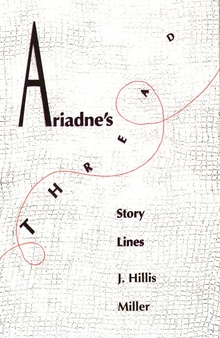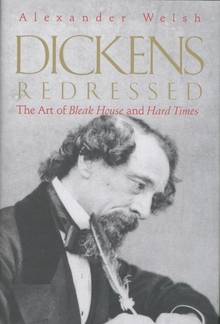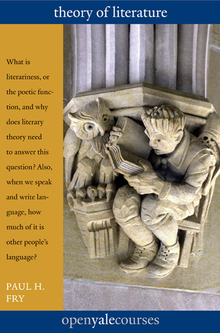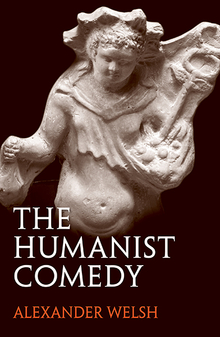Courtly Desire and Medieval Homophobia
WARNING
You are viewing an older version of the Yalebooks website. Please visit out new website with more updated information and a better user experience: https://www.yalebooks.com
The Legitimation of Sexual Pleasure in `Cleanness` and Its Contexts
Elizabeth B. Keiser
"Keiser’s work is no ordinary critical study of a medieval poem. She finds in Cleanness an articulation of a standard of pleasure for heterosexual lovemaking, without concern for procreation, that is novel and otherwise unattested in the Middle Ages."--Charlotte C. Morse
"Reading the alliterative poem called Cleanness against its most important intellectual precursors, Elizabeth Keiser has arrived at a new interpretation that does justice to its artistic splendor and its thematic darkness. Students not only of the Gawain- or Pearl-poet, but of medieval literature and religion and the history of sexuality, will find themselves indebted to Courtly Desire and Medieval Homophobia. It is a book of timeless importance. It is also a book whose time has come."--Marie Borroff
"This is the most intelligent and thought-provoking study of Cleanness that has yet appeared, and it is likely to remain so for a long time. Setting the poem in the context both of contemporary gender studies and of a richly detailed body of medieval thought about sexual love, Keiser reads it with exemplary exactness, independence, and penetration. She is willing to criticize what she sees as the artistic and theological limitations that accompany the poet’s vision of holiness in terms of courtly homosociality, but that very willingness enables her to disclose in Cleanness an achievement that, though flawed, is more fascinating and more original than has been recognized by any previous scholar."— A. C. Spearing
"Serious students of Arthurian romance--of Gawain, certainly--will find much to think about here. . . . One feels one is in the hands of a sensible, careful, open-minded and deeply inquisitive scholar. There is much of value here for the determined student of medieval thought, gender construction, and courtly culture."--Lawrence Butler, Lambda Book Report
"Any scholar interested in the construction of erotic experience in the past will benefit from reading [this book]."--Ruth Mazo Karras, Medieval Review
"It is an erudite work, not intended for a general audience but well worth reading for any medievalist interest in the history of sexualities."--Bryn Mawr Classical Review
“Keiser’s insightful study of courtly desire and homophobia in Cleanness is notable for its rigorous contextualization of the poem within the domain of late-medieval sexual ethics. . . This book is an extraordinary perceptive reading of a major work of the alliterative revival, and it represents an invaluable contribution to the history of sexuality and contemporary debates on sexual ethics.”--Choice
"Keiser lays bare the complex cultural assumptions that locked romantic courtly desire to its deeply-feared other, same-sex erotic love. She pursues her argument so persuasively, and with such clarity, honesty, and learning that for this reader at least, neither cleanness nor filth will ever be the same. . . . This is a thought-provoking and moving book, a stunning achievement by every measure I can think of."--Linda Georgianna, Aurthuriana
"Elizabeth Keiser’s study of the Middle English poem Cleanness not only offers new critical insights into an otherwise neglected work, but challenges current studies of medieval sexuality and queer theory with its far-ranging arguments."--Karma Lochrie, Church History
“A useful and well-argued study of medieval gender constructs and the contribution made by the text fo Cleanness to our understanding of them.”--Helen Fulton, Aulla
“Courtly Desire and Medieval Homophobia is a ludic and carefully situated study of Cleanness’s rejection of male homosexual relations in the poem’s first two episodes.” - Michael W. Twomey, Besprechungen
Publication Date: July 21, 1997








